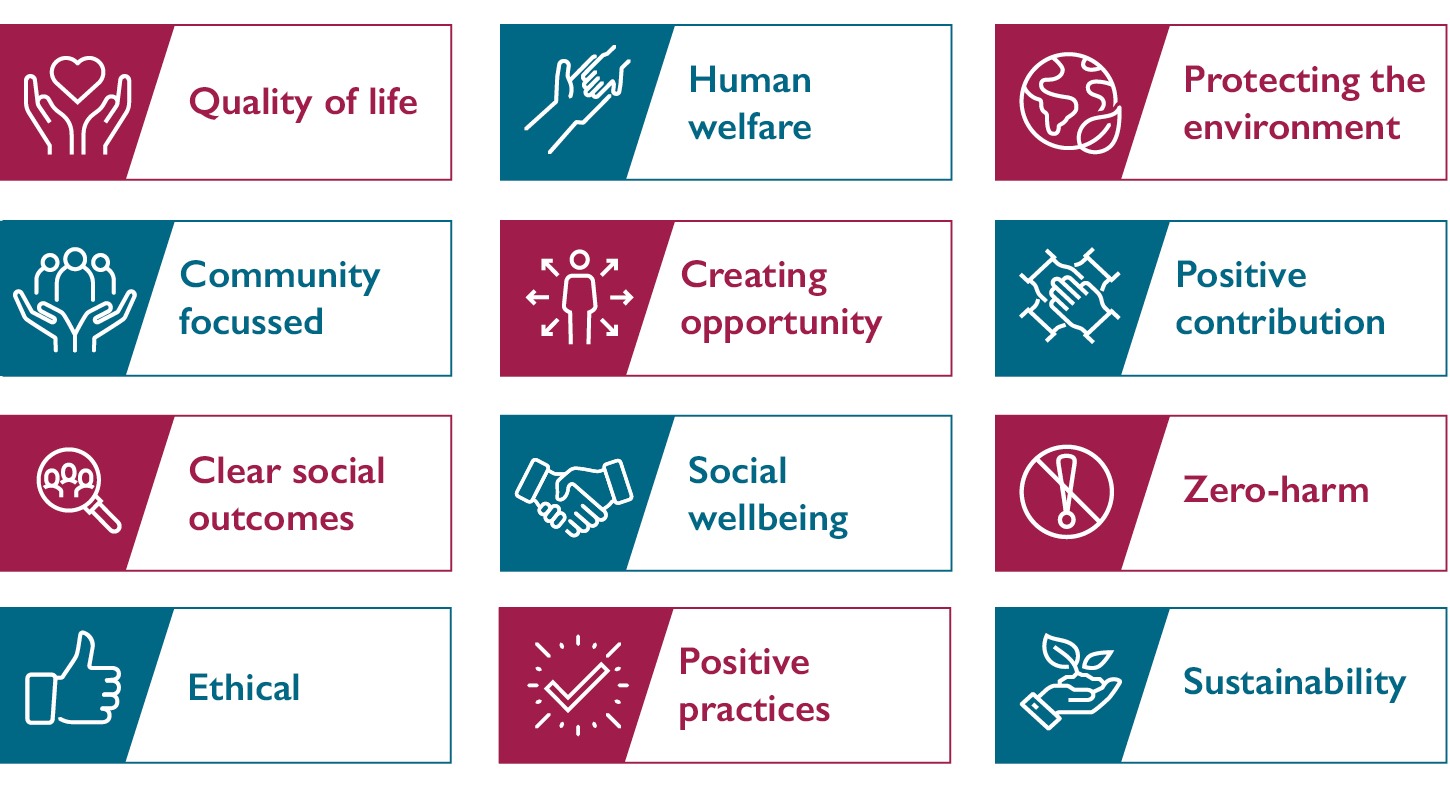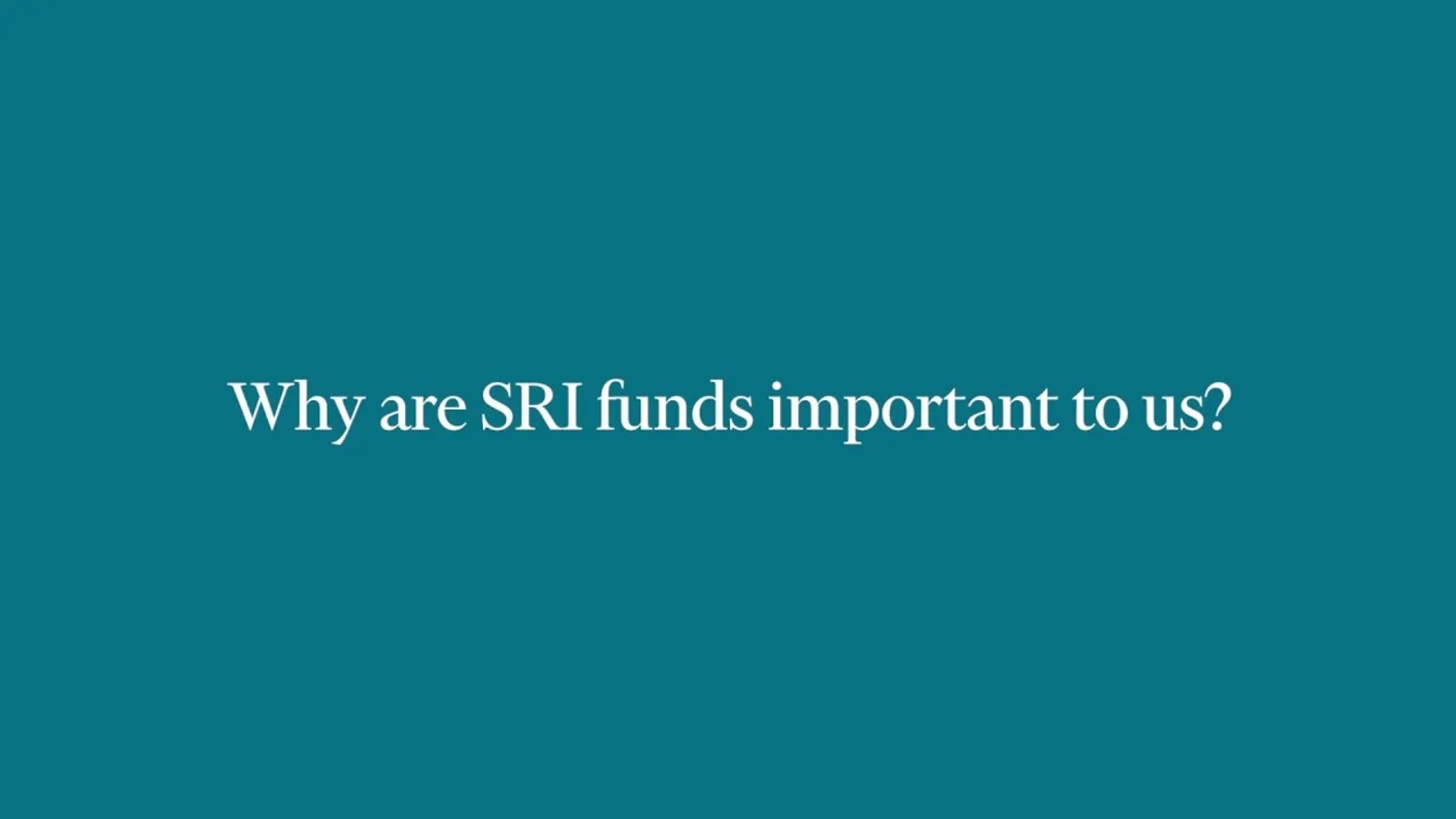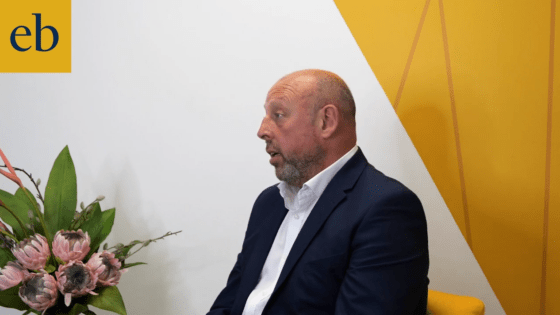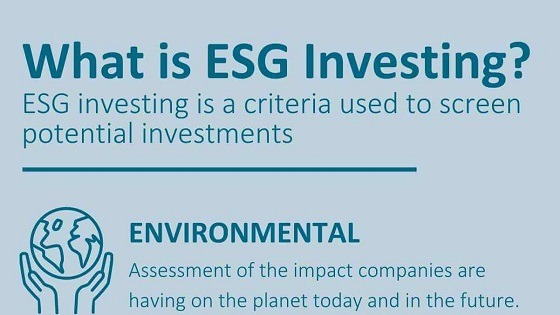

What is Sustainable Investing?
Sustainable investing, or Socially Responsible Investing (SRI) is the practice of investing into companies that ‘do good’ (or, at the very least, ‘do no harm’) to the environment and the community.
These companies have sustainable business practices capable of being continued indefinitely, without causing harm to current or future generations, on the expectation that they have higher investment potential over the long term.
SRI has always been at the heart of our investment philosophy since we launched our first SRI portfolio in 2008 and allows you to align your values to your investment objectives.










